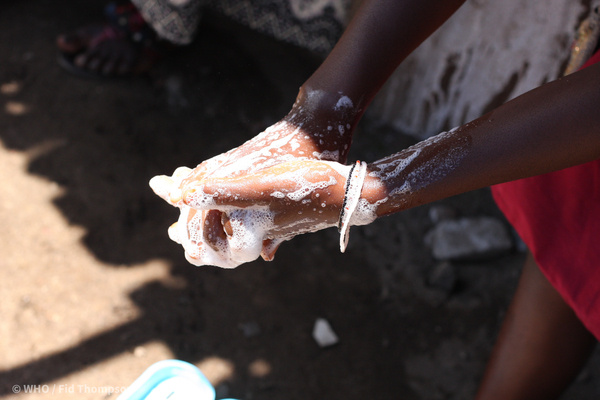
[ad_1]

New analysis performed in seven sub-Saharan African counties highlights the well being and monetary influence of insufficient water, sanitation, and hygiene (WASH) in healthcare amenities.
In a report revealed late final week, non-governmental group WaterAid estimated that insufficient WASH in healthcare amenities in Ethiopia, Ghana, Malawi, Mali, Nigeria, Uganda, and Zambia contributed to 2.6 billion healthcare-associated infections (HCAIs) and 277,160 extra deaths in 2022. At least 50% of the HCAIs are believed to have been brought on by antimicrobial-resistant (AMR) micro organism.
The financial prices of those infections is estimated to vary from 2.5% to 10.9% of the healthcare budgets within the seven international locations, whereas misplaced wages and productiveness because of infections accounted for 0.4% to 2.9% of the international locations’ gross home product.
Poor WASH paves means for healthcare-related infections
The report notes that globally, almost 4 million individuals—predominantly these residing in low- and middle-income international locations (LMICs)—lack primary hygiene companies at their healthcare facility, and one in 5 lack primary water companies. Inadequate WASH at healthcare amenities in LMICs contributes to a fee of HCAIs that’s greater than twice that of high-income international locations (15.5% vs 7.6%).
“The major transmission pathway for HCAIs is lack of cleanliness and hygiene measures provided during the delivery of healthcare,” the report states. “Beyond the health impacts, poor WASH in HCF [healthcare facilities] has additional negative consequences as it relates to other aspects of quality care, including patient satisfaction, dignified and respectful care, future healthcare seeking behaviours and healthcare worker morale, motivation and retention, all of which ultimately impact health outcomes.”
WaterAid says the issue is prone to worsen as AMR charges rise, and argues that the lower than US$1 per capita wanted to offer primary wash companies at healthcare amenities in these international locations could be coated by financial savings from a discount within the medical prices related to HAIs. The group calls on nationwide governments to develop a devoted funds line for WASH in healthcare amenities and urges donors, G7 international locations, and multilateral financing establishments to prioritize WASH when working with nationwide governments in LMICs.
[adinserter block=”4″]
[ad_2]
Source link